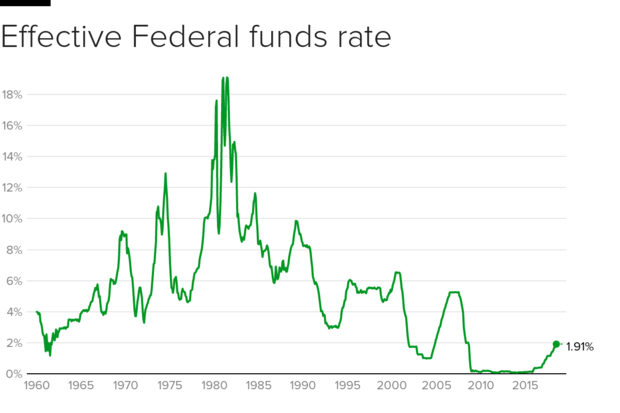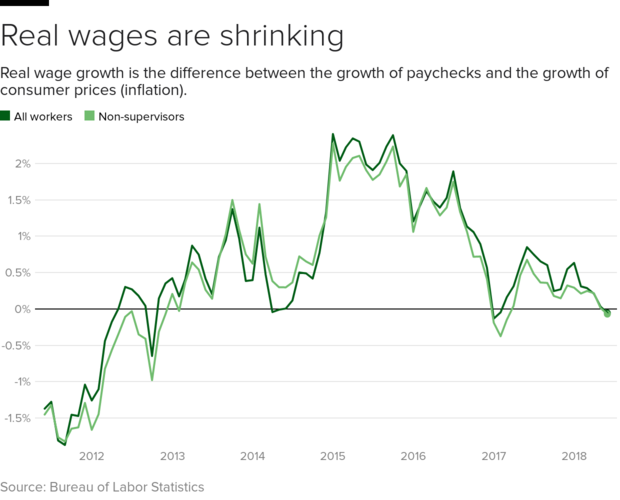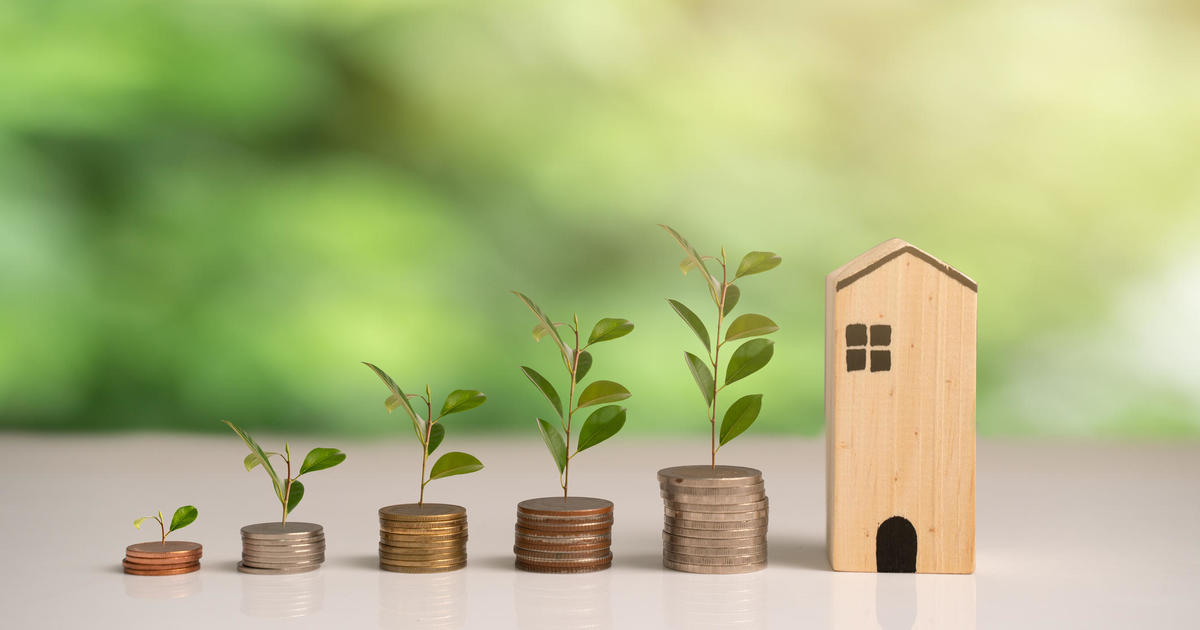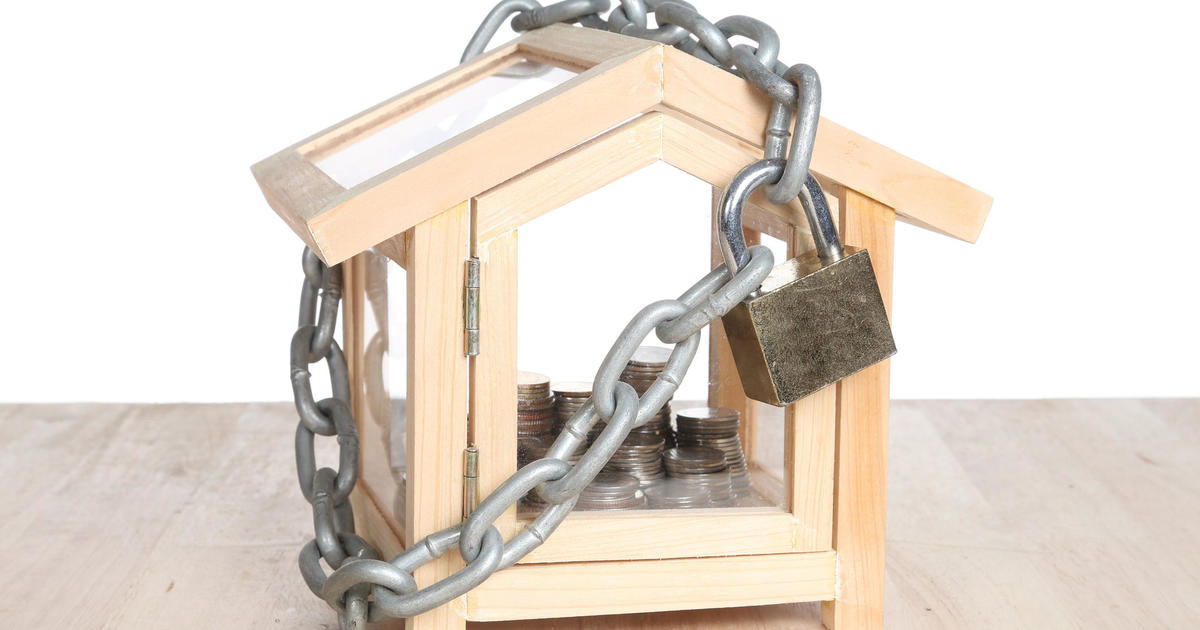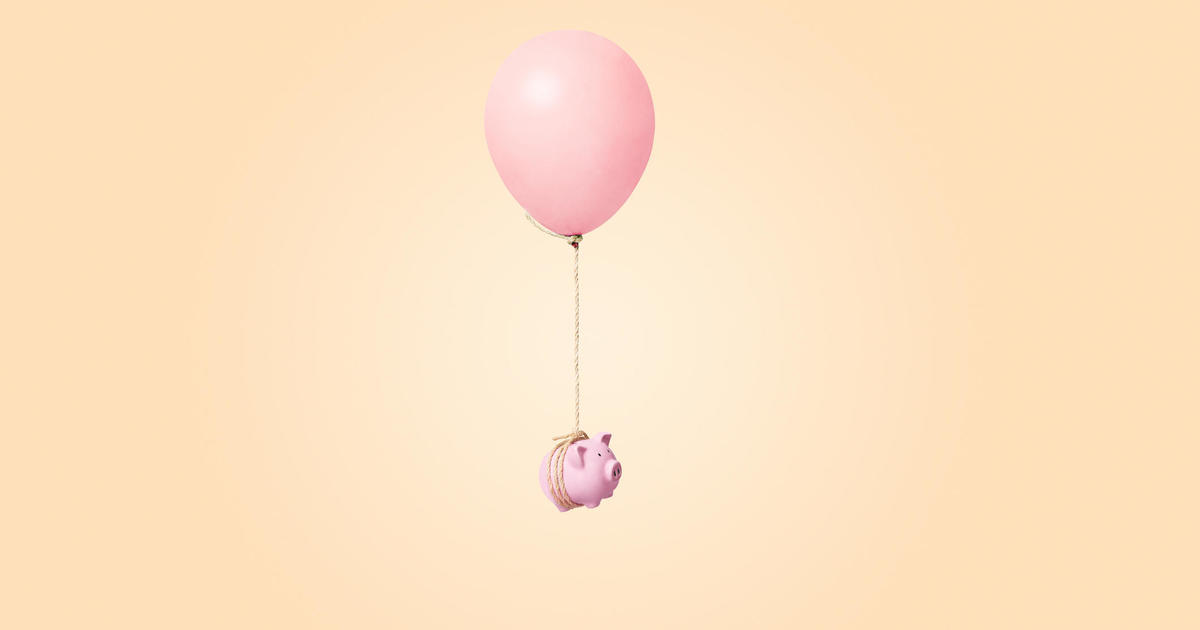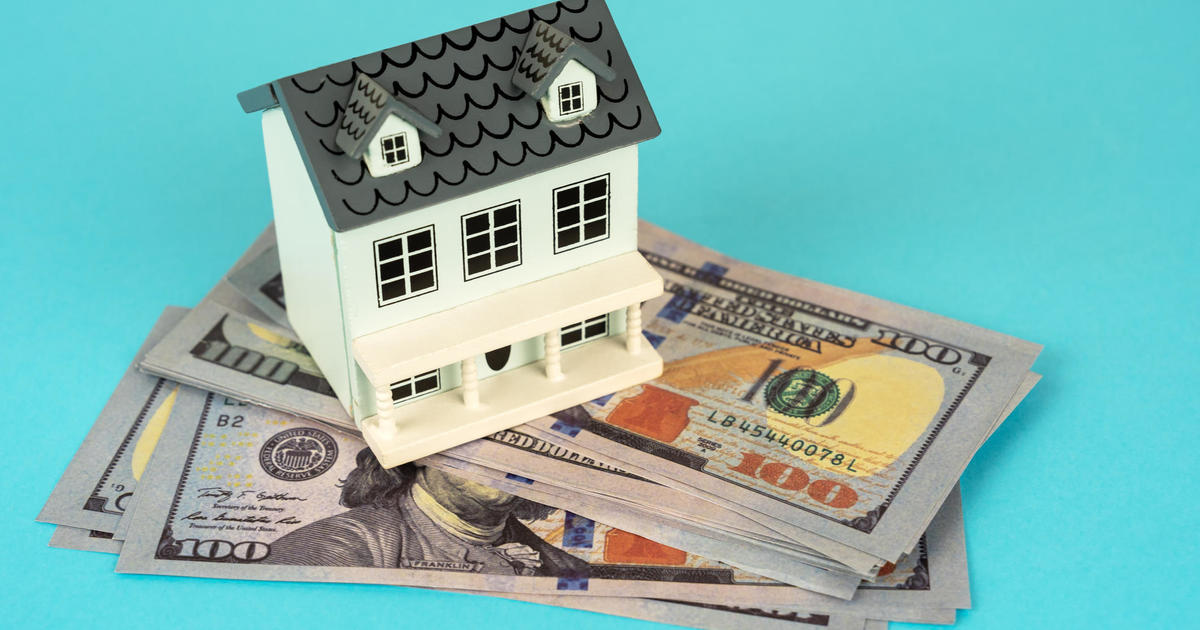Jay Powell shrugs off trade worries, expects rates to keep rising
Federal Reserve Chairman Jerome Powell gave lawmakers an upbeat assessment of the economy Tuesday and said he expects the central bank to keep raising interest rates gradually.
At his semi-annual report to the Senate banking committee, Powell said solid job gains and strong economic growth has enabled the Fed to dial back the "extra boost" it implemented during the financial crisis and recession. He said the Fed forecasts the job market to remain strong and inflation to stay near 2 percent over the next several years.
Powell cited trade policies and tax legislation as among the uncertainties that could alter his forecast, he said, while avoiding commenting directly on the current get-tough trade policy being pushed by the White House, which includes threats of tariffs on hundreds of billions worth of goods from China, the European Union, Canada and Mexico.
It is "difficult to predict the ultimate outcome of current discussions over trade policy as well as the size and timing of the economic effects of the recent changes in fiscal policy," Powell said in his opening statement.
Powell, who joined the Fed in 2012 as a board member, was tapped to succeed Janet Yellen as chairman in February after President Donald Trump decided not to offer Yellen a second term.
Rising rates
The Fed has lifted its key interest rate twice this year. It signaled last month that it expected two more hikes this year.
"Our policies reflect the strong performance of the economy and are intended to help make sure that this trend continues," Powell said.
After the 2008 financial crisis, the Fed kept its interest rates at a record low near zero for seven years before starting a slow process of boosting rates in December 2015. It raised rates once in 2015, once in 2016 and then three times last year as the economy has begun to gain momentum.
This year's rate hikes, which occurred in March and June, have left the Fed's key rate in a range of 1.75 percent to 2 percent.
The U.S. unemployment rate at 4 percent is near a two-decade low. Economists believe overall economic growth, as measured by the gross domestic product, could top 4 percent in the just-concluded April-June quarter.
"The solid pace of growth so far this year is based on several factors," Powell said. "Robust job gains, rising after-tax incomes and optimism among households have lifted consumer spending in recent months."
Talking trade
Powell talked up the benefits of open trade during questioning, while attempting not to weigh in directly on questions about what might happen to the U.S. economy in a trade war. Stressing that he was not commenting on the current tariffs being pushed by President Donald Trump, Powell did say that history indicates higher tariffs harm growth while lower tariffs support growth.
"In principle, countries who remain open to trade have grown faster with higher incomes," Powell said, adding that countries that have raised tariffs in protectionist moves have fared worse.
Asked whether he believed the European Union was a foe of the United States, Powell replied, "No, I do not."
Later, he responded to questions from Sen. Jon Tester of Montana and Sen. Heidi Heitkamp of North Dakota, both Democrats. Both were concerned about the effect tariffs would have on farmers in their states. Sen. Joe Donnelly, a Democrat from Indiana, said the price of soybeans and corn for his constituents had fallen well below the cost of production.
"I've heard of local businesses who have cancelled orders because of trade uncertainty," Donnelly added.
"In principle, open trading is good," Powell answered. "We don't want countries to have barriers to trade, in both directions. That system has served us very well. But we don't know how this goes. The administration has said it is going for broadly lower tariffs, if that happens, that's good. On the other hand, if we end up with higher tariffs, that's not so good."
Asked later whether trade uncertainty was detrimental to wage growth, Powell answered, "It may well be."
"We haven't seen in the numbers yet but we have heard a rising chorus of concern," he said. At its June meeting, the Fed's rate-setting committee noted that some businesses had called off or scaled back plans for expansion due to trade uncertainty.
Where's the wage growth?
Sen. Bob Corker, a Republican from Tennessee, told Powell he was "very concerned" about stagnant wages and asked about the root causes of the long-term issue. "The economy is growing, but for the last 30 years Americans haven't really seen their wages increase," he said.
Average earnings have risen 2.7 percent over the past year, according to Labor Department data, while inflation rose 2.9 percent over the same time period.
Powell cited the stagnation of "educational achievement" in the U.S., which has led to stagnant productivity. "US educational attainment flattened out in the seventies," he said, adding that the only way for incomes to rise long-term is through higher productivity.
Weak investment by businesses in the wake of the recession is also "casting a shadow" on productivity now, he added.
More Americans have a college degree today than at any point since the 1940s, according to Census data. More than a third of adults have a bachelor's degree while nearly 90 percent have graduated from high school.
The long and the short of it
While Fed officials have supported Powell's two rate hikes this year with no dissents, one key policymaker, Neel Kashkari, the president of the Fed's Minneapolis regional bank, said in an essay Monday that he was growing concerned about the narrowing gap between short-term interest rates and long-term rates.
In the past, when this yield curve has become inverted — meaning that short-term rates are higher than long-term rates — that development has often signaled a recession.
"If the Fed continues raising rates, we risk not only inverting the yield curve, but also moving to a contractionary policy stance and putting the brakes on the economy, which the markets are indicating is at this point unnecessary," Kashkari wrote.
CBS News' Irina Ivanova contributed reporting.
